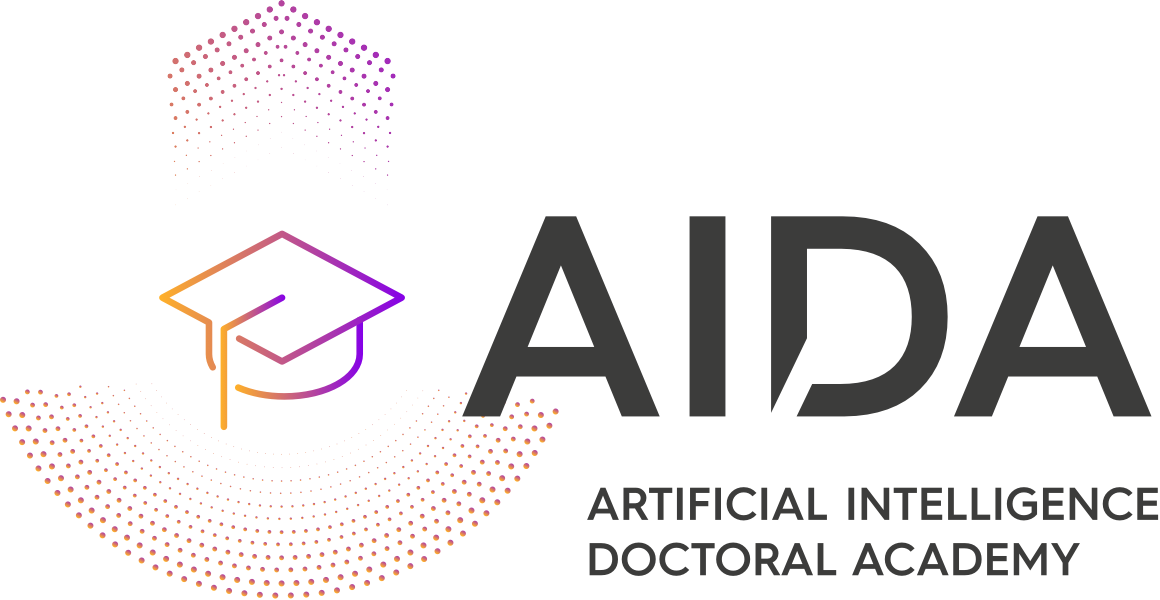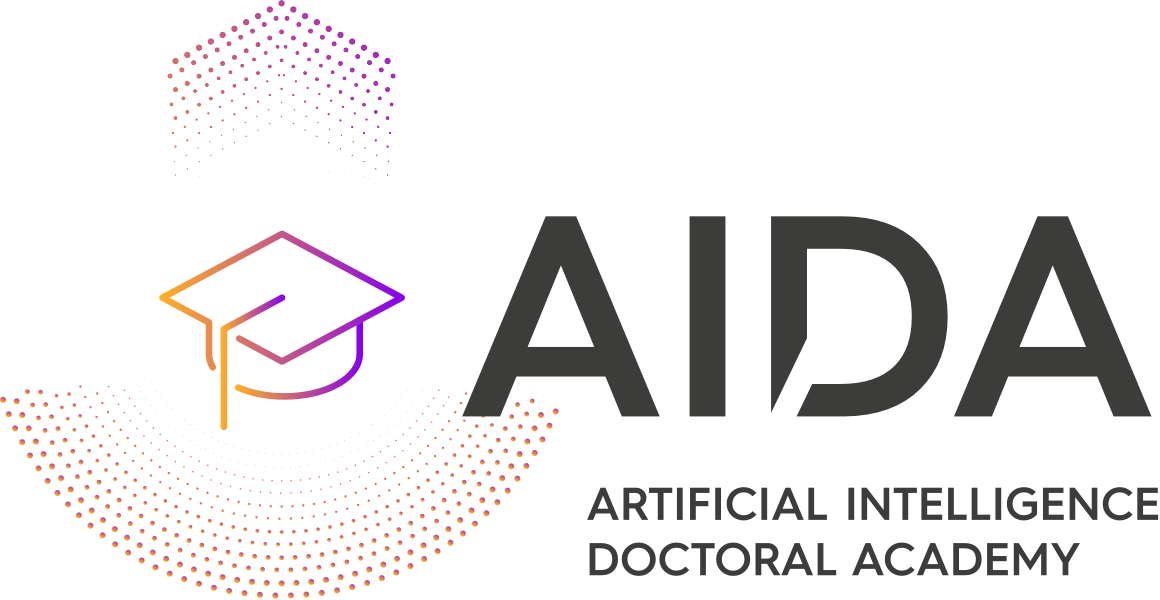Monday 15th January 2024 15:30 CET
Professor John S. Baras
The “One Learning Algorithm Hypothesis” summarizes strong experimental evidence that the human brain processes visual, acoustic, and haptic signals, for perception and cognition with a workflow that corresponds to the same abstract architectural model. We present our most recent results on the development and performance evaluation of a universal machine learning architecture inspired by this hypothesis. The abstract architecture proposed is comprised of a multi-resolution processing front, followed by a feature extractor, followed by two “local” learning modules (first an unsupervised one, followed by a supervised one), followed by a deterministic annealing module. There are two global feedback loops, one to the multiresolution processor and one to the feature extractor. Innovative analytical methods and results include: multi-resolution hierarchy, use of Bregman divergences as dissimilarity measures, multi-scale stochastic approximation, multi-scale approximation to Bayes decision surfaces, optimization-information duality. We demonstrate the superior performance and characteristics of the resulting algorithms including: domain agnostic, on-line progressive learning, interpretability, robustness to noise and adversarial attacks, computable performance-complexity tradeoff. We present several applications in signal processing, estimation and control.
John S. Baras is a Distinguished University Professor, holding the Lockheed Martin Chair in Systems Engineering, in the Institute for Systems Research (ISR) and the ECE Department at the University of Maryland College Park (UMD). He received his Ph.D. degree in Applied Mathematics from Harvard University, in 1973, and he has been with UMD since then. From 1985 to 1991, he was the Founding Director of the ISR. Since 1992, he has been the Director of the Maryland Center for Hybrid Networks (HYNET), which he co-founded. He is a Fellow of IEEE (Life), SIAM, AAAS, NAI, IFAC, AMS, AIAA, Member of the National Academy of Inventors (NAI) and a Foreign Member of the Royal Swedish Academy of Engineering Sciences (IVA). Major honors and awards include the 1980 George Axelby Award from the IEEE Control Systems Society, the 2006 Leonard Abraham Prize from the IEEE Communications Society, the 2017 IEEE Simon Ramo Medal, the 2017 AACC Richard E. Bellman Control Heritage Award, and the 2018 AIAA Aerospace Communications Award. In 2016 he was inducted in the University of Maryland A. J. Clark School of Engineering Innovation Hall of Fame. In June 2018 he was awarded a Doctorate Honoris Causa by his alma mater the National Technical University of Athens, Greece. His research interests include systems, control, optimization, autonomy, machine learning, artificial intelligence, communication networks, applied mathematics, signal processing and understanding, robotics, computing architectures, formal methods, network security and trust, systems biology, healthcare management, model-based systems engineering. He has been awarded twenty patents and honored with many awards as innovator and leader of economic development.
Aristotle University of Thessaloniki, Greece, Biology Building, Mezzanine floor, Lecture room: H1



 Back to List
Back to List


